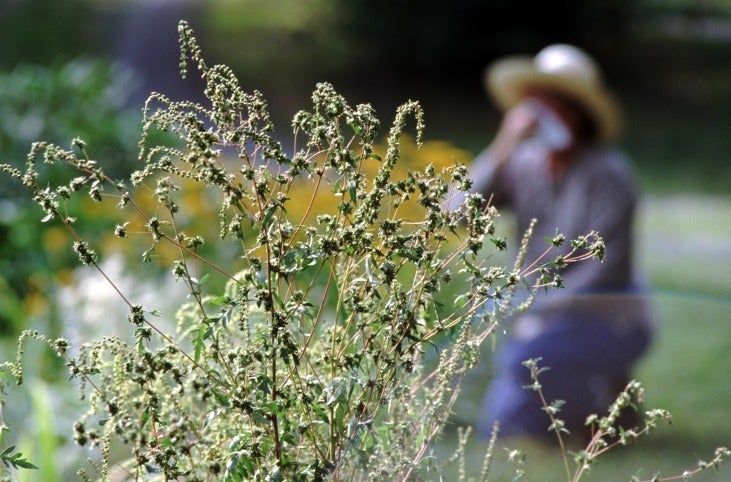Tips for Managing Seasonal Allergies

Old or new allergies
Seasonal allergies happen during certain times of the year, usually when tiny pollen particles are released into the air. You may be accustomed to having allergy symptoms each spring or you may suddenly find yourself suffering from seasonal allergies. That’s because you can develop allergies as you get older due to repeated exposure to certain allergens. For others, allergy symptoms can actually improve or disappear as you age because, as your immune system weakens, your body may stop recognizing pollen and other irritants as a threat.
When is allergy season?
In general, the major pollen seasons are:
- March and April (tree pollens)
- May and June (grass pollens)
- July and August (weed pollens)
- August until the first hard frost (ragweed pollen)
Know the symptoms
The main symptoms are:
- Runny nose
- Watery or itchy eyes
- Sneezing
- Coughing
- Dark circles under the eyes
These symptoms may seem harmless, but they can cause discomfort and complicate treatment of other conditions. If you are caring for someone with dementia, they may be unable to communicate their discomfort, so it’s helpful to be familiar with the signs.
How to lessen the effects of seasonal allergies
In addition to over-the-counter allergy medication, try these tips to breathe easier when pollen is in the air:
Avoid high-pollen days
The amount of pollen in the air varies from day to day but can be worse if the weather is warm, dry, and windy. Weather reports will often include information on the pollen count. Pollen levels are usually highest from 5 a.m. to 10 a.m., then decrease throughout the day. If you have spring allergies, the best days to be outside are after heavy rainfall when pollen is stuck to the ground by moisture. Staying indoors on high-pollen days can help you to manage your symptoms.
Close the windows
On nice spring days, it’s tempting to open your windows. But opening your windows can increase the amount of pollen and mold entering your home or car. Using air conditioning instead during allergy season can help.
Wear the right clothes
When you go outside, you can help reduce your exposure to pollen by wearing certain clothes. A hat or headscarf can keep irritants out of your hair, which prevents them from getting into your eyes and nose later. Sunglasses can help prevent pollen from getting in your eyes. Changing into fresh clothes after being outside can also help.
Try immune-boosting foods
Eating foods that help to fight inflammation may decrease some of your allergy symptoms. These foods include apples, flax seed, ginger, leafy greens, walnuts, fatty fish such as salmon and tuna, and anything high in Vitamin C.
Tufts Medicare Preferred Smart Saver Rx (HMO) and PPO RX plan members can use their OTC benefit to purchase allergy medication, nasal spray, and more. Learn more about how the OTC benefit works.
Resources & Tools
Drug Search
Use the drug search tools to find out if your drugs are covered and which tier they fall under on your plan type.
Find a Doctor
Find a doctor within your Tufts Health Plan Medicare Preferred HMO network or your Tufts Health Plan Senior Care Options network.
Health Library A-Z
Tufts Health Plan has partnered with Healthwise to provide members with access to a library of high-quality content on conditions, treatments and more.